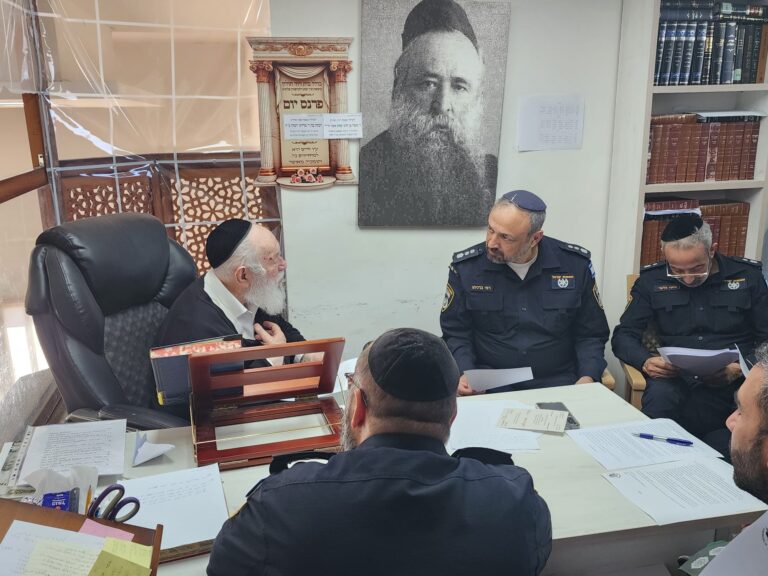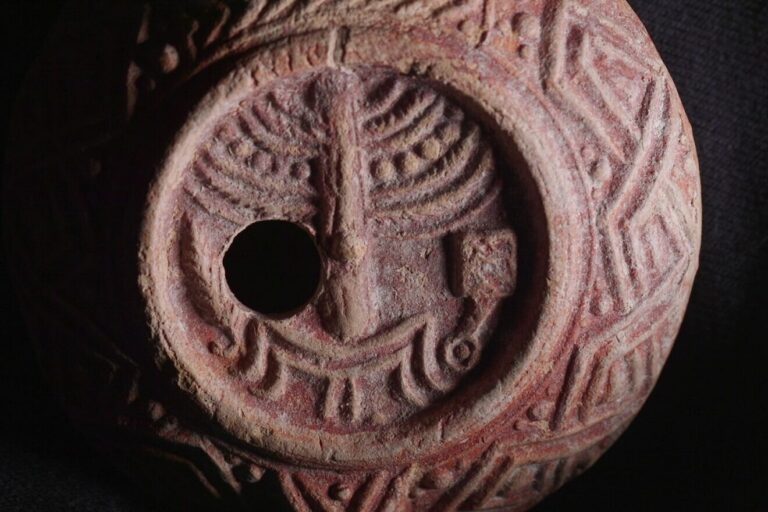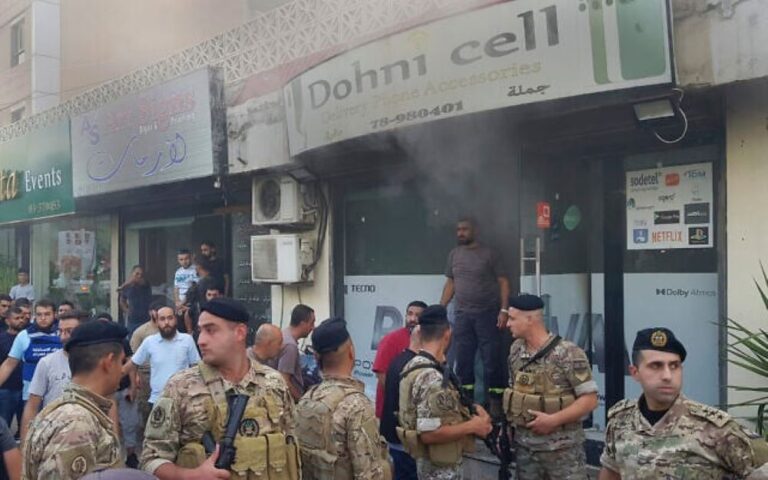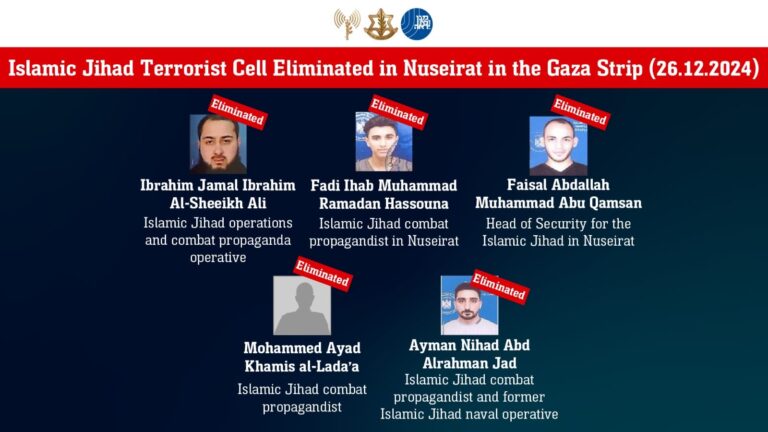The village of Mamaroneck will continue its battle against a local Jewish school seeking to expand its campus in the region’s highest court tomorrow.
Village lawyers are appealing a federal judge’s ruling that found the village’s zoning board restricted the Westchester Day School’s free exercise of religion when it denied the school’s plans to build a 44,000-square-foot building on Orienta Point.
Lawyers for both sides are expected to face off in Manhattan at the 2nd Circuit Court of Appeals at 10 a.m.
The closely watched case tests the constitutionality of a religious land-use law that has gained popularity across the United States in recent years. The Religious Land Use and Institutionalized Persons Act, known as RLUIPA, was designed to protect religious institutions from discrimination.
“Hopefully, this will send a crystal-clear message to the leaders of Mamaroneck and to municipalities across the country that the rights of religious institutions to meet their needs are protected under the constitution,” said Stanley Bernstein, the school’s executive vice president and one of its lawyers.
The nearly five-year saga began when the Westchester Day School, a yeshiva for about 420 students, sought to build a 44,000-square-foot building on its 26-acre campus in the Orienta section of the village. The building would house classrooms and other small gathering rooms for private instruction and prayer.
Judge William Connor of the Southern District Court concluded that the zoning board’s denial of a special permit “substantially burdened” the school’s religious exercise without proving a “compelling government interest,” such as a threat to public safety.
The opinion stated the zoning board was “under intense and unrelenting pressure from politically well-connected neighboring residents,” when it voted 3-2 to deny the school a building permit.
Kevin Plunkett, the village’s lawyer, hopes the higher court will reverse Connor’s decision.
“We are arguing that Judge Connor’s decision violated the establishment clause of RLUIPA because it provides an advantage to religious schools who are building classrooms over a secular school who might be building classrooms,” Plunkett said.
The lawsuit is among a handful of RLUIPA cases in the Lower Hudson Valley, but the first of its kind to reach the 2nd Circuit Court of Appeals. In theory, the next appeal would be to the U.S. Supreme Court.
“This is significant because it will be the first case that will address the substantive side of RLUIPA – the religious land-use part of it,” said Derek Gaubatz, director of litigation for the Becket Fund for Religious Liberty, a national organization that advocates for religious freedom.
Typically, such cases are settled on the municipal level. However, about 20 are in litigation across the country. Four have made it to the federal Circuit Court level.
The town of Greenburgh recently rejected an Evangelical Christian church’s plans to build a 500-seat chapel and school, citing traffic-safety issues. Now, both sides are in federal court entangled in a RLUIPA battle.
“Greenburgh has always welcomed churches, synagogues. … If there was a better location, we would be enthusiastic, but it’s a location that creates traffic-safety issues,” said Town Supervisor Paul Feiner, who is due to testify in court next week.
Feiner said he has been paying close attention to the case. “I think, eventually, the whole issue will probably be resolved in the U.S. Supreme Court. … Everyone feels that the community should have some say on land use.”
Gaubatz, however, disagrees.
“Municipalities will soon start to realize that it’s not business as usual when it’s a religious organization,” Gaubatz said. “The free exercise of religion is protected by the constitution – Wal-Mart is not.”










